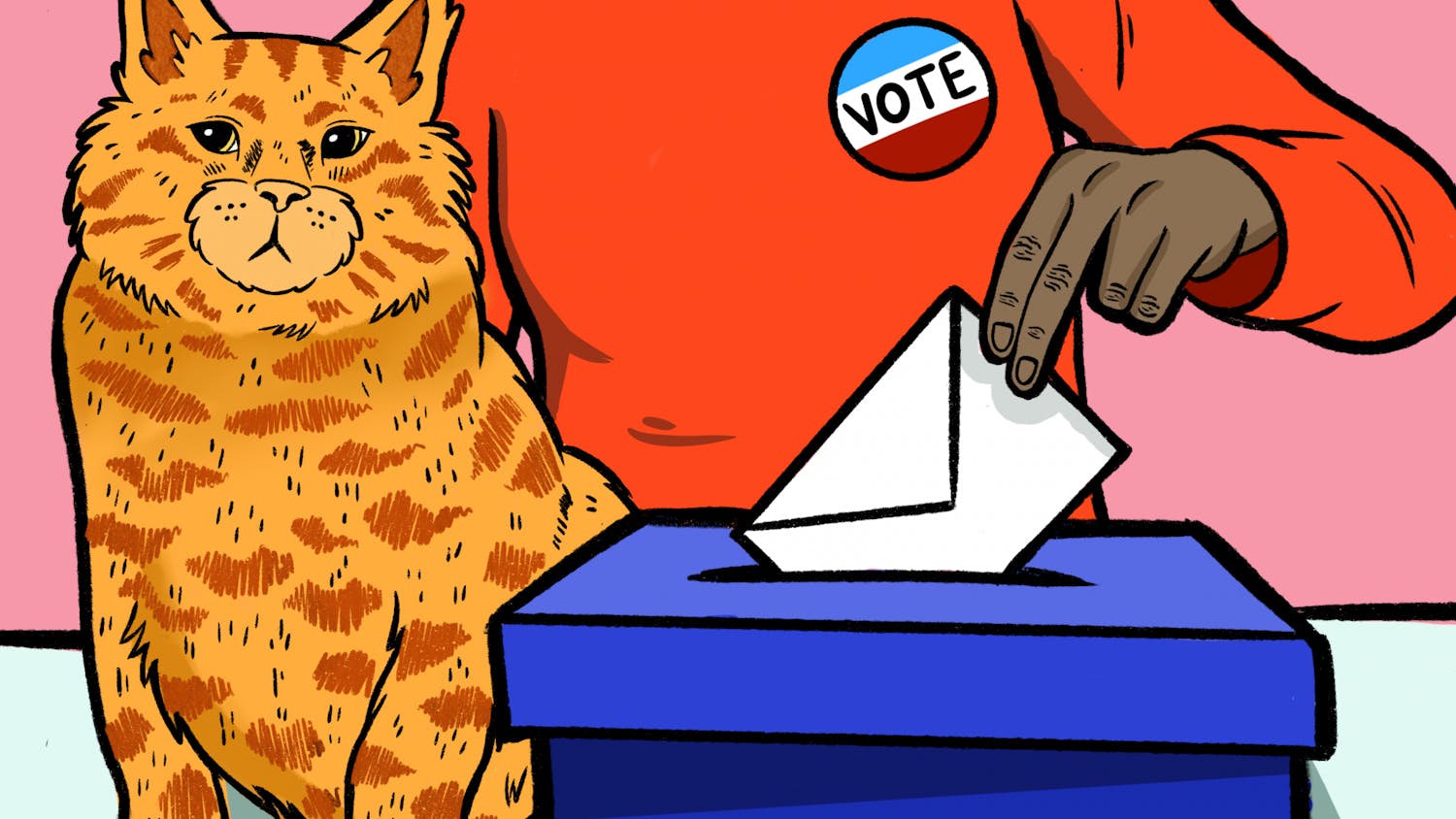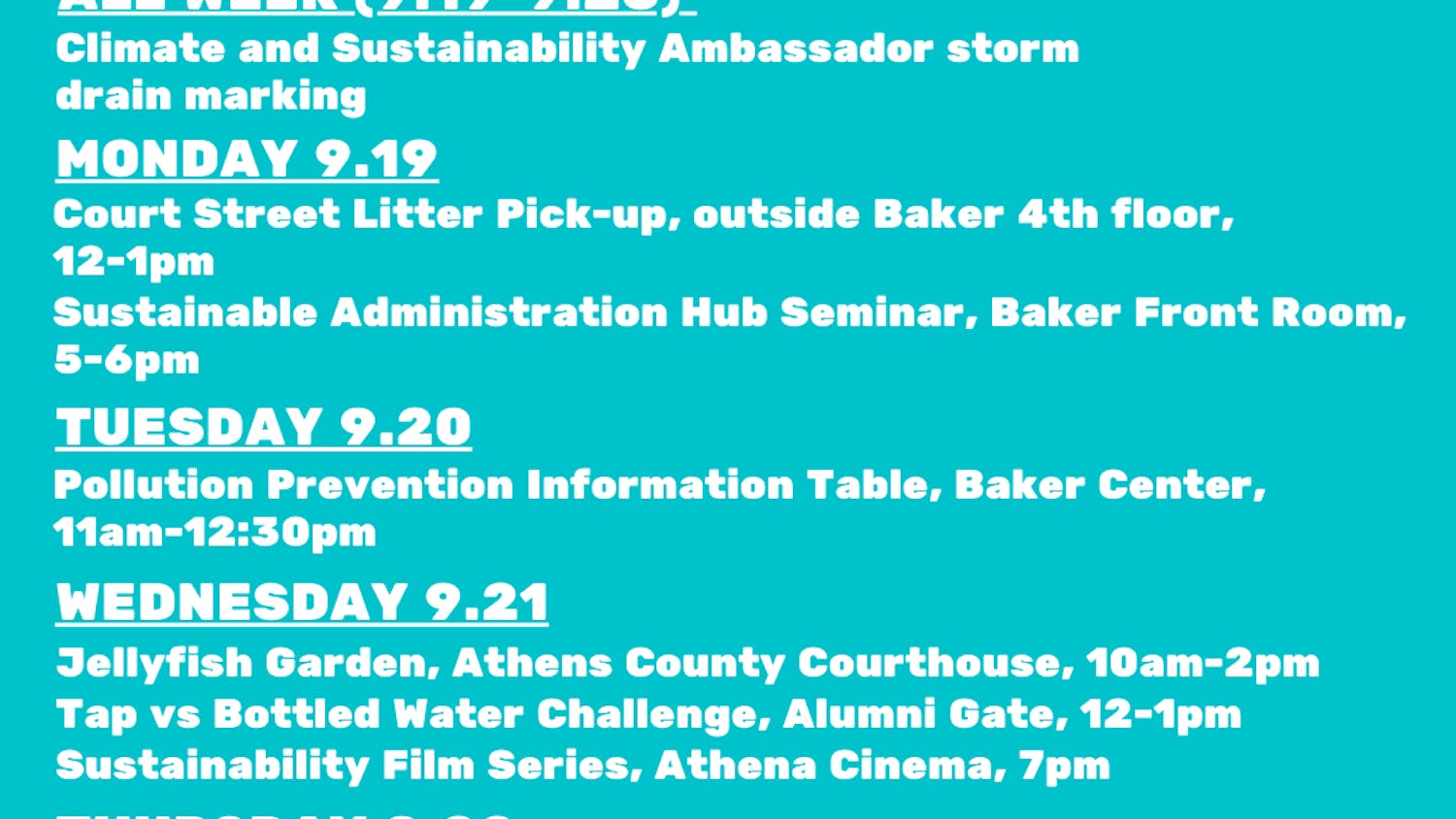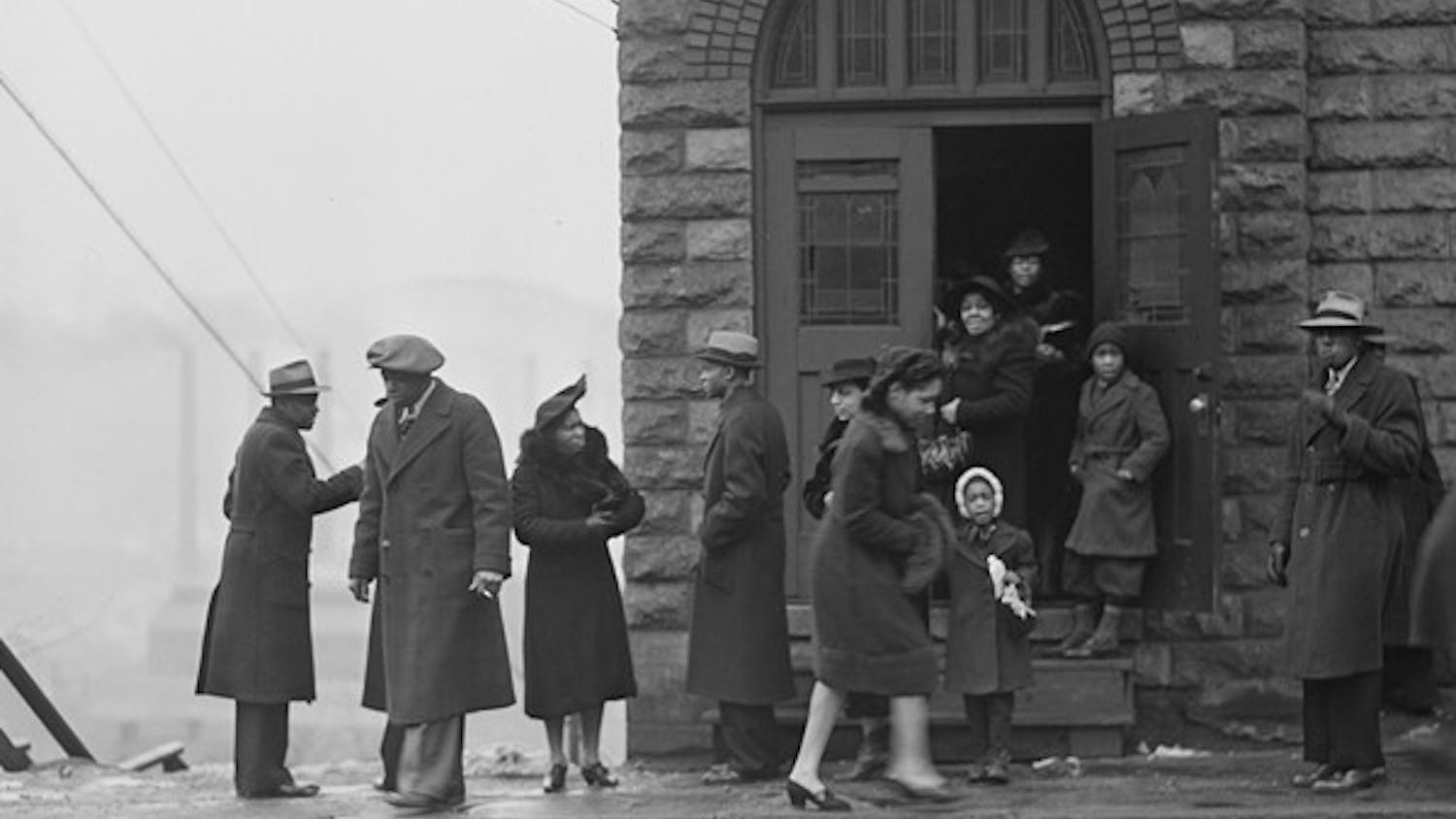After finding an available job opening for a conservation foundation in Romania on Indeed, Maya Cox knew her having left a footprint in Eastern and Southern Europe would potentially help her in landing the position.
Cox, a 2021 Ohio University graduate, was deployed through the United States Army to Poland for a year.
“We had guys in Romania, and I got to live in Lithuania and Germany for a couple of weeks at a time running missions and whatnot,” Cox said. “I was like, you know, I might actually have a shot at getting (the job) because I’m familiar kind of with that area.”
The Carpathian Mountains stretch from the Czech Republic to Romania and host diverse wild and plant life. The forests making up the mountains are said to mesmerize and sometimes terrify, according to Rolandia–a tourist guide to Romania–and 51% of the mountains’ total area resides in Romania.
Foundation Conservation Carpathia, or FCC, is an organization committed to stopping illegal logging and protecting the mountain’s forests such as the ones in the Fagaras Mountains. According to the FCC’s website, in 2005, nationalized forests were “restituted” to private people in Romania. People have since been cutting down trees illegally, which poses severe damage to the ecosystem.
Cox works primarily doing environmental inspection, but she joined the FCC’s communications and marketing team in October. In doing so, Cox volunteers to spread the word about the organization’s mission in the U.S.
The FCC has been purchasing land and leasing hunting rights to protect the natural elements in the forests, according to the organization’s website. The goal of the FCC is to eventually return ownership of the purchased land to the public by creating a national park.
Through restoration, conservation, community outreach and creating economic opportunities, the FCC brings wildlife and trees back to the forests while also maintaining the areas. Cox is currently working on the FCC’s bison campaign where the organization is working on bringing bison back to the forests.
“It’s been like 200 years since bison were wild there because they were overhunted,” Cox said. “But this mission to kind of rebuild the bison population in various mountains started … in 2012. They really really pushed for it. So, they started from scratch.”
The FCC released eight bison to start, Cox said, and currently, there are 28 bison living in the reserve. Three bison calves were born last July.
Conservation and sustainability efforts are occurring all over the world and from Romania to Athens, Ohio, there are people who care about maintaining and revitalizing the environment. The way some people view conservation and sustainability in their own communities have made them feel proud of these efforts.
Cox worked with the climate and sustainability ambassadors at OU while in undergrad and said people in Athens always take action to make their community and environment better.
Sydney Boosveld, a freshman studying communication studies, has also noticed that students are motivated to make sustainable choices and how people want to take care of nature’s elements.
“We all really care about our wildlife and we really take care of them,” Boosveld said.
Some may think that smaller communities may not have as much influence when creating sustainable and conserving plans for the environment, but Isabel Stitchick, a junior studying environmental studies, disagrees.
“One of the main slogans that environmentalists live by is, ‘think globally, act locally,’” Stitchick, the social media and marketing coordinator at the Office of Sustainability, said. “There’s only so much reach and influence that you can create. And just creating little domino effects in your community will cascade outwards, and I think that’s beautiful.”
Conservation Carpathia is combating the unsustainable and harmful uses of the environment while people in Athens prove to be doing the same. Cox has taken advantage of the opportunities to endorse taking care of the environment inside and outside of Athens, both of which make a difference in combating these threatening uses of nature’s resources.
“And you’re like, how can I make a difference on such a small scale?” said Cox. “But seeing these groups and organizations outside of Athens that are so driven just to make a difference. And they do make a difference. If you look you can find so many ways to get involved with these different companies and organizations that are really pushing to make a difference.”






